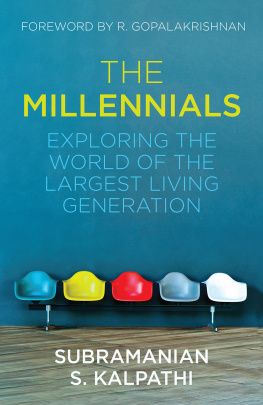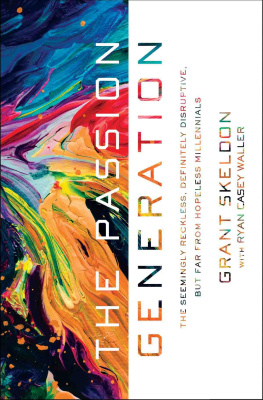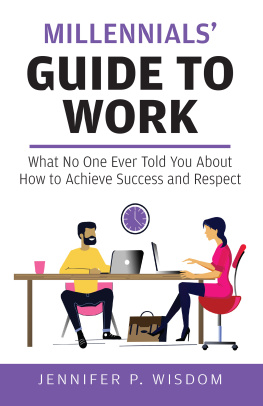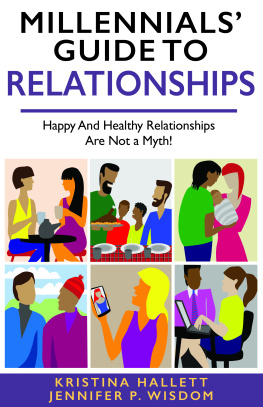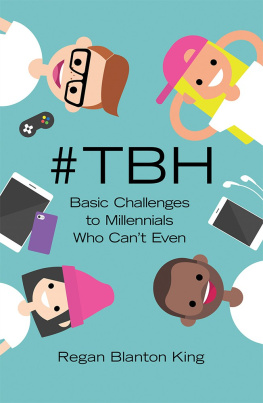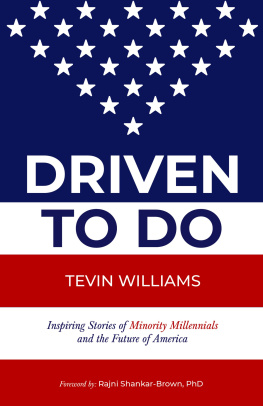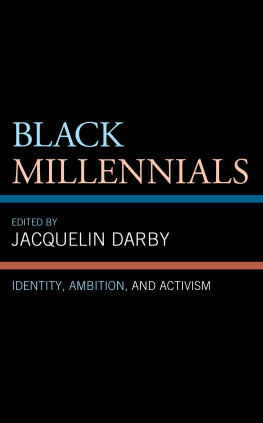Emerson Csorba - The Plight of Potential: Embracing Solitude in Millennial Life and Modern Work
Here you can read online Emerson Csorba - The Plight of Potential: Embracing Solitude in Millennial Life and Modern Work full text of the book (entire story) in english for free. Download pdf and epub, get meaning, cover and reviews about this ebook. year: 2018, publisher: Anthem Press, genre: Religion. Description of the work, (preface) as well as reviews are available. Best literature library LitArk.com created for fans of good reading and offers a wide selection of genres:
Romance novel
Science fiction
Adventure
Detective
Science
History
Home and family
Prose
Art
Politics
Computer
Non-fiction
Religion
Business
Children
Humor
Choose a favorite category and find really read worthwhile books. Enjoy immersion in the world of imagination, feel the emotions of the characters or learn something new for yourself, make an fascinating discovery.

- Book:The Plight of Potential: Embracing Solitude in Millennial Life and Modern Work
- Author:
- Publisher:Anthem Press
- Genre:
- Year:2018
- Rating:5 / 5
- Favourites:Add to favourites
- Your mark:
The Plight of Potential: Embracing Solitude in Millennial Life and Modern Work: summary, description and annotation
We offer to read an annotation, description, summary or preface (depends on what the author of the book "The Plight of Potential: Embracing Solitude in Millennial Life and Modern Work" wrote himself). If you haven't found the necessary information about the book — write in the comments, we will try to find it.
Immersed in a hyperconnected world, millennials are pressured by a lingering feeling that no matter their achievements, they can always do more. Conventional wisdom suggests that millennials must create and maintain personal brands while striving to achieve their potential. But this mentality, while initially appealing for many, breeds anxiety and insecurity. In Millennials in the Modern Workforce: Embracing Solitude in a Hyperconnected Society, Emerson Csorba shows how millennials can live deeper and more enriching lives by reflecting on the self, placing value on solitude and resisting the feeling that they must constantly connect and share. Drawing on case studies of millennials from networks such as the Global Shapers Community, Csorba offers suggestions on how millennials can thrive in a world that favours immediacy and superficiality.
Millennials live in a world of opportunity, characterized by the constant pursuit of personal growth and a belief that to hit the pause button would be catastrophic to a career. Within this context, Csorba explores ideas such as the ruthlessness of comparison amongst millennials and outlines guidelines for overcoming these pressures. Advocating for a long view of work and life, Csorba builds on hundreds of interviews with millennials across the world as well as research at the University of Cambridge.
The themes that Csorba explores in Millennials in the Modern Workforce: Embracing Solitude in a Hyperconnected Society are not unique - they have existed for centuries, and do not pertain exclusively to millennials - but in a society that glamourizes the individual while paradoxically discouraging solitude and self-reflection, they are radical. Both practical and critical, this book is timely and refreshing for millennials looking to overcome the social pressures around them and advance their work and lives, while also cultivating the skills and qualities required to better know themselves in the process.
Emerson Csorba: author's other books
Who wrote The Plight of Potential: Embracing Solitude in Millennial Life and Modern Work? Find out the surname, the name of the author of the book and a list of all author's works by series.

